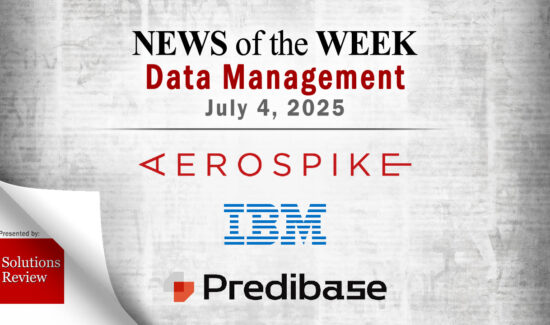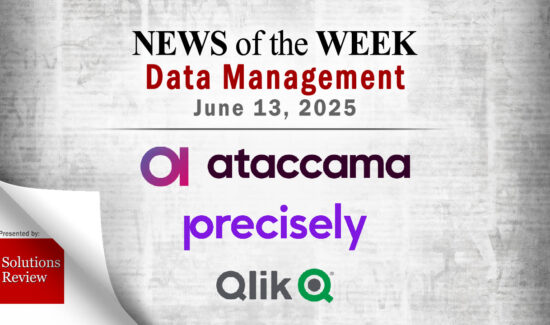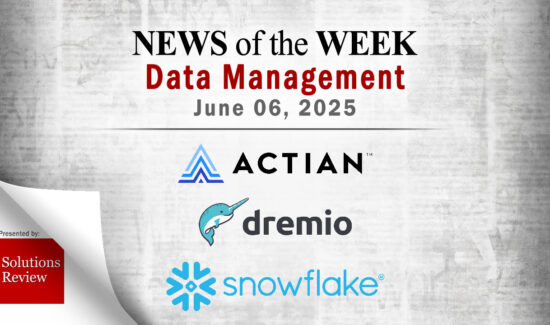Key Takeaways from the Forrester Wave for Big Data NoSQL, Q1 2019


Technology advisory firm Forrester Research has released its latest Forrester Wave for Big Data NoSQL, Q1 2019. Though NoSQL is more than 10 years old and has traditionally been used to support simple schemaless apps, approximately half of the world’s data and analytics leaders are implementing these tools. Its main benefit is the ability to scale out with low-cost servers. It also provides enterprise architecture professionals with control over data processing and storage. Complimenting NoSQL platforms with relational database remains a common enterprise practice.
In their 26-criteria evaluation of strategic iPaaS and hybrid integration platforms, Forrester researchers Noel Yuhanna, Gene Leganza and Robert Perdoni identified the 15 providers whom they consider most significant in the category: Aerospike, Amazon Web Services, ArangoDB, Couchbase, DataStax, Google, IBM, MarkLogic, Microsoft, MongoDB, Neo4j, Oracle, RavenDB, Redis Labs, and SAP – then researched, analyzed, and scored them.
The Wave report details their findings and examines how each vendor meets (or falls short of) Forrester’s evaluation criteria and where vendors stand in relation to each other.
NoSQL vendors are focused on AI and machine learning (who isn’t?)
AI and machine learning are quickly becoming critical capabilities in multiple data-centric technology categories (see data analytics and BI), with NoSQL right there at the top. Organizations are increasingly seeking to automate provisioning, tuning, optimization, indexing, patching, upgrading and security. As a result, enterprises can support more complex and demanding applications with less effort than before. Forrester is recommending that buyers make themselves aware of the AI and machine learning capabilities each solution provider offers, as well as map them against their specific requirements both now and in the future.
MongoDB is the class of the Big Data NoSQL marketplace
MongoDB is a general purpose database platform designed for developers and the applications they build. The company’s platform touts more than 30 million downloads, thousands of customers, and over 1,000 technology and service partners. MongoDB also features more than 800,000 university registrations. The vendor offers consulting and training services as well, highlighted by Schema Design or Performance Tuning.
MongoDB is no stranger to leadership roles in the industry’s best analyst reports. With more than 8,000 customers, it is a popular choice among application developers due to its ease of use. Forrester also reports that it offers a “simplified model, on-demand and elastic scale, multicloud support, and comprehensive tooling.” The tool’s main use cases include real-time analytics, streaming analytics and risk management.
Redis Labs and DataStax are making a strong push against the leaders
Redis Labs is best known for its Redis Enterprise, a database product that takes advantage of modern in-memory technologies like NVMe and Persistent Memory to provide deployment over cloud and on-prem data centers. Redis has also had considerable success entering strategic partnerships with vendors such as Pivotal and Red Hat. The tool supports relaxed and strong consistency, as well as a flexible schemaless model. According to Forrester’s reference customers, Redis does an excellent job innovating for machine learning applications and supports a wide variety of use cases.
MarkLogic offers an operational and transactional enterprise NoSQL database that is designed to integrate, store, manage, and search for data. Organizations can also ingest structured and unstructured data with a flexible data model that adapts to changing data. While MarkLogic is already positioned near the leaders column, we expect to see a continued push toward some of the other major players like Amazon Web Services and Couchbase in future iterations of the Forrester Wave. Reference customers rave about the tool’s security, search and ability to help them eliminate data silos.




















